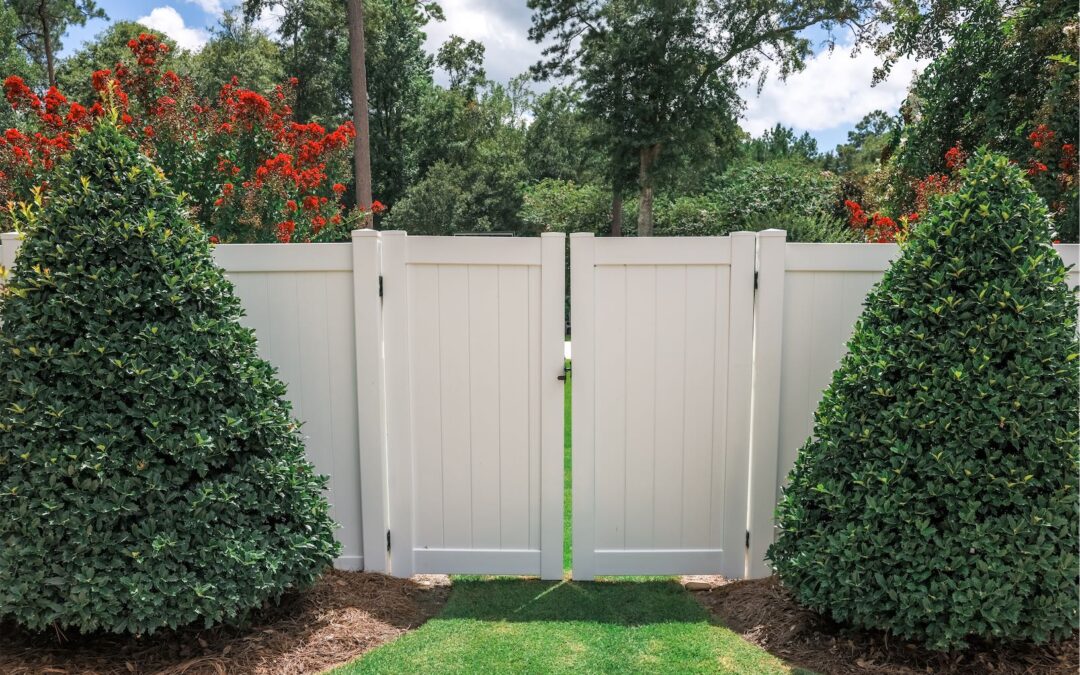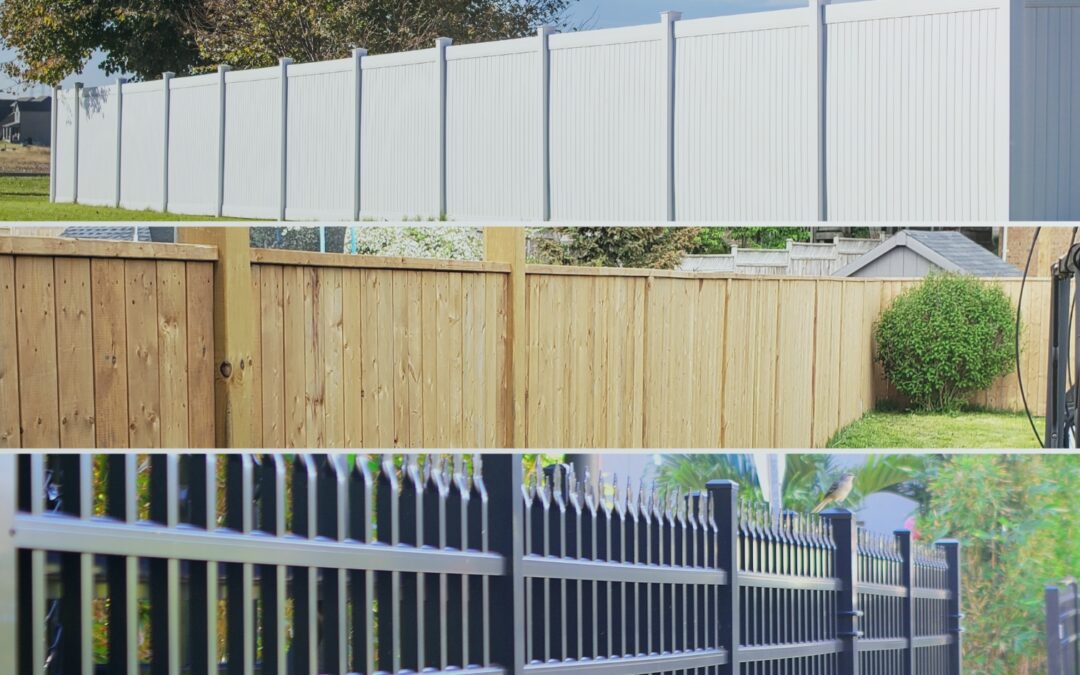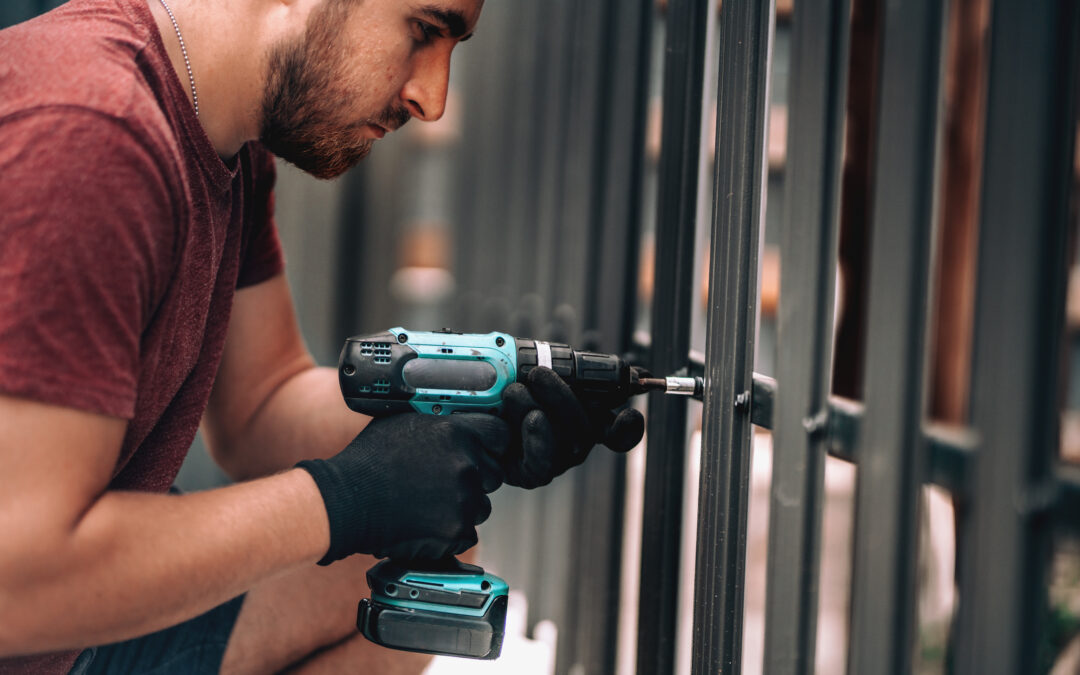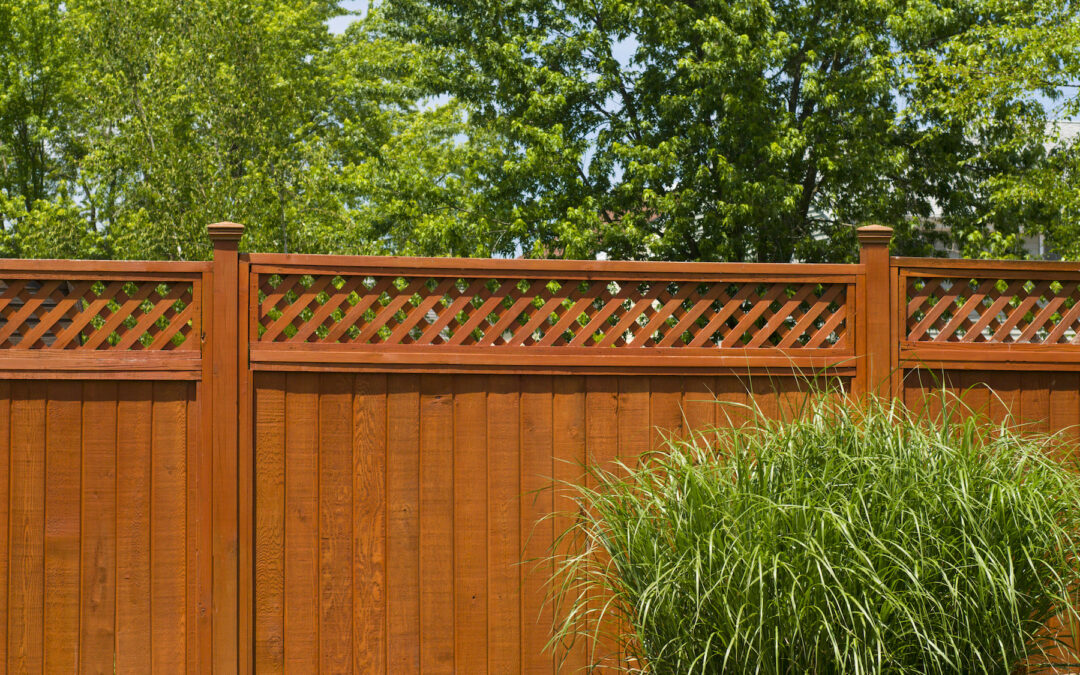Understanding Different Fence Materials: A Comprehensive Guide
Choosing the right material for your fence is crucial, as it affects durability, maintenance, and aesthetics. Common options include wood, vinyl, metal, and composite materials, each offering unique benefits and drawbacks. For instance, wood provides a classic look but requires regular maintenance, while vinyl is low-maintenance and highly durable.
To make an informed decision, consider factors such as your budget, climate, and desired lifespan of the fence. For example, in humid areas like Northeast Florida, vinyl may be preferable due to its resistance to moisture and UV rays, while metal fences can offer enhanced security for properties requiring a robust barrier.
Top 5 Tips for a Successful Fence Installation
Successful fence installation begins with careful planning and preparation. Start by checking local zoning laws and HOA regulations to ensure compliance. Next, outline the area where the fence will be installed and mark the post locations, which helps in visualizing the final look and ensuring accuracy during installation.
Additionally, consider enlisting the help of professionals, especially for complex installations. They can provide valuable insights on the best practices and tools needed for your specific project, ultimately saving you time and potential errors that could arise from a DIY approach.
Maintenance Tips for Different Types of Fences
Proper maintenance is essential to prolong the life of your fence and keep it looking great. For wood fences, regular staining or sealing is recommended to protect against moisture and pests. Conversely, vinyl fences typically require less maintenance, needing only occasional cleaning with soap and water to remove dirt and debris.
Metal fences, while durable, may need rust treatment if exposed to moisture. It's important to inspect your fence periodically for any signs of wear or damage, allowing for timely repairs that can prevent more extensive issues down the line.
Cost Comparison: DIY vs. Professional Fence Installation
When considering fence installation, one of the primary factors to evaluate is cost. DIY installation can save you money on labor, but it often requires a significant time investment and a learning curve if you're unfamiliar with the process. This option may be suitable for those with experience in home improvement projects.
On the other hand, hiring professionals ensures that the job is done correctly and efficiently, potentially avoiding costly mistakes. While the upfront costs may be higher, the long-term benefits of a professionally installed fence, including warranties and quality assurance, can make it a worthwhile investment.






